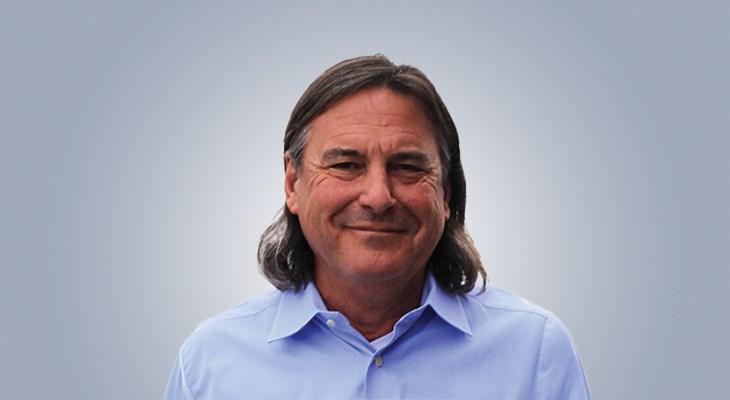Mike Saldi, founder and CEO of SCLogic, feels he's running out of time. And that in part why his company began running a process.
"At 60 years old, I've got to figure out what's next," Saldi said at the Baltimore Smart Business Dealmakers Conference. "And I think I still have some gas in the tank, but the brain is starting to get a little slower, so I want to maximize the value of the company, and I believe I have a five-to-10-year runway and still being useful. We're on a process to take a majority recap sometime in 2024, hopefully with me as CEO as a private equity investment."
In the recurring revenue software business, the company is always getting more valuable as long as its growing — so, if leadership has their eyes on what's shifting in the tech business and the company has proven that it can continuously pivot and keep making the company more valuable. But there are some things he can't control.
"The only variable I can't outrun is time," he says. "I can't outrun my own demise. Sounds pretty sad, but it's a reality. So, what can I do to maximize the value of this thing that I spent 27 years away from my family building?"
He says the business isn't something to hand down to the family's next generation unless they're interested, which he says neither of his children are. So, he began his research to determine the best ways to exit. He researched private equity — reading, taking meetings, self-educating. Then two years ago, he hired a growth advisory firm and began moving forward with a process to do a majority recap.
"We're really not selling," he says. "This is a continuum for us. It's a continuum for me. But I believe having that partner, de-risking a portion of my asset, and going forward with the right partner, is the best solution for me."
Since he can't control the macro environment, he keeps his confidence by recognizing that software companies with the growth rates, customer retention, products and team that his has have a historical multiple that's been steadily paid for similarly positioned companies for about 20 years. The investment banks he's been in talks with have similar multiple expectations.
"But the reality is the company's worth what somebody's willing to pay for it," he says. "And I accept that."
Saldi says he's hired a growth advisory firm that specializes in software companies similar to his. They essentially have acted as their board and investor — pretending to take on that role — which has helped his team understand what it's going to be like having other investors who have different motivations. That has helped his folks mature very rapidly, for instance, in how they do board meetings.
"My first board deck was embarrassing," he says. "I didn't know what to put in a board deck. And this growth advisory firm has helped us do that."
While he's leaving room for the unexpected to happen, he says the plan is to pick a continuum partner that understands the company's vision and wants to invest in the team that they've built.
To keep the company rolling while he goes through a process, Saldi says he built the company so he has no tasks to do.
"So, there's been times, particularly during COVID, where I did nothing," he says. "There was not much for me to do. I have a sales leader, got an engineering leader, got accounting, CFO, all the things that you need in a in a tech company. And this is the greatest asset, the most valuable asset, I'll ever have. So, it's very important for me to spend that quality time understanding how this process works, educating myself as much as I possibly can, and just working a little extra harder. This process has given me all kinds of tasks."




